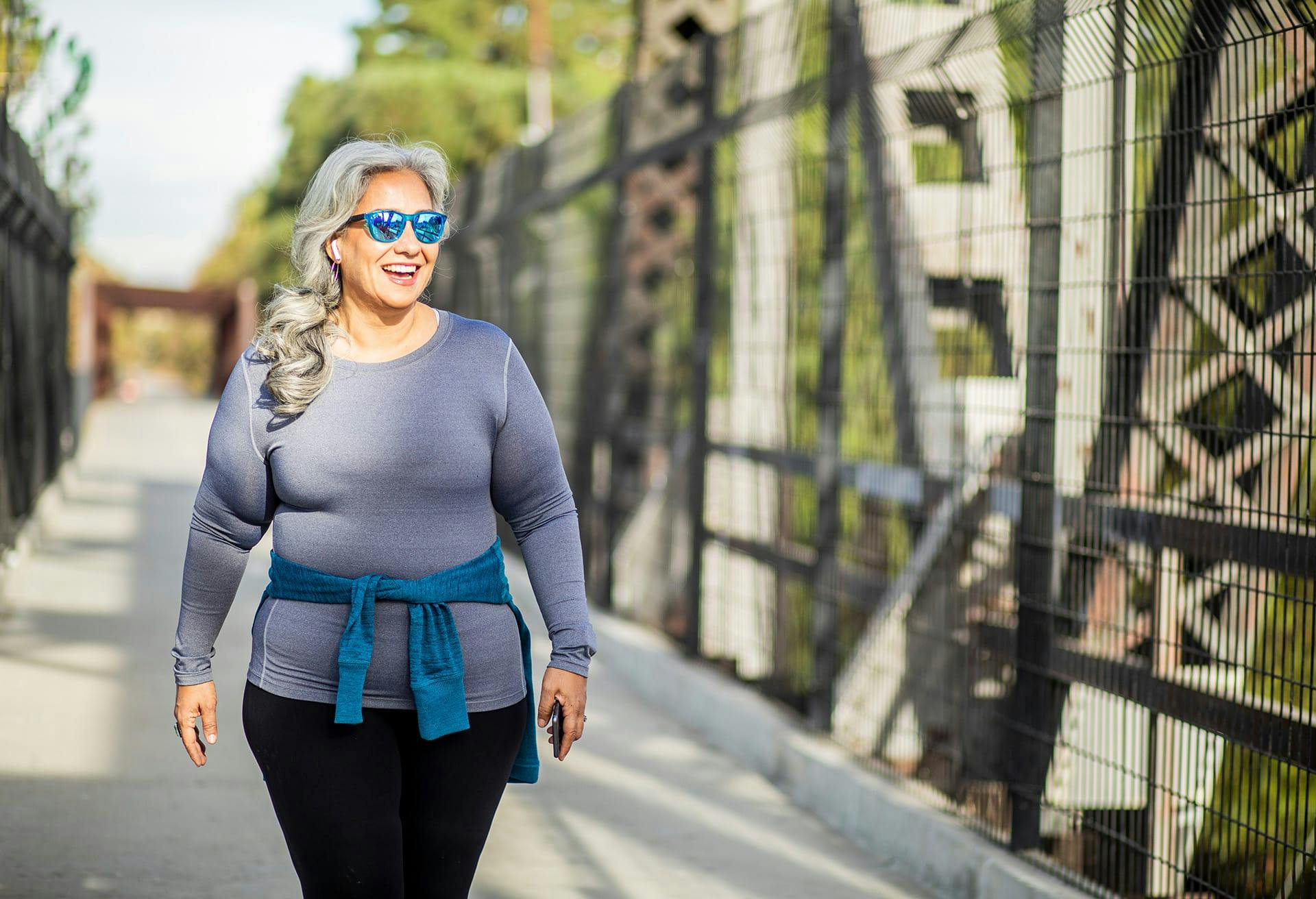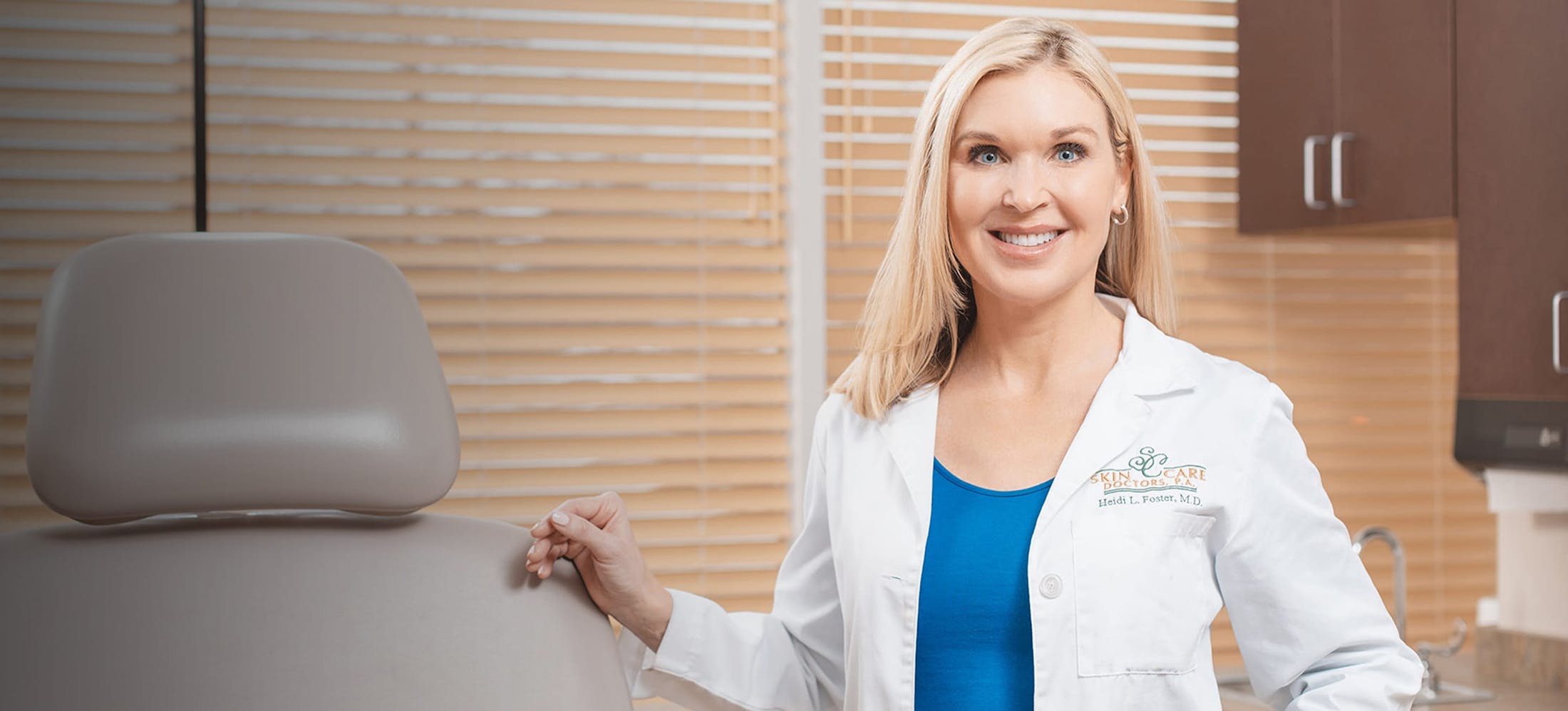To schedule an appointment with Dr. Spartz, please call 651-797-6880.
What are the typical symptoms of venous disease?
Typical symptoms include pain, heaviness, aching, and leg cramping. Swelling or edema is also common. Vein problems may also be associated with restless leg symptoms in some patients. However, you do not have to experience all of these symptoms to have a vein problem.
I don’t have big, bulging veins on my legs, so I must not have a vein problem, right?
No. Most patients we treat DO NOT have large, protruding veins on their legs. Instead, they present with symptoms (see above) of venous disease.
How do varicose veins form?
Normally functioning veins return blood back to the heart and lungs. In your legs, the contraction of the calf muscle propels venous blood back up the leg. A series of one-way valves within the veins prevent the backward flow of blood with gravity. With varicose veins, there is a weakening of the vein wall and dilatation of the vein. This causes the valves to malfunction, and they cannot close tightly to prevent backward movement of the blood. As a result, blood pools in the legs, resulting in the symptoms listed above.
How does a person get varicose veins?
Varicose veins are a common problem, affecting 50-60% of women and 15-25% of men. Recognized risk factors include heredity, female gender, pregnancy, obesity, prolonged standing, and prolonged sitting.
How are vein problems diagnosed?
Vein problems are diagnosed by the presence of symptoms suggesting venous disease coupled with confirmation by an ultrasound exam of the legs. Both symptoms and confirmatory ultrasound findings are necessary – some patients are found to have abnormal veins on an ultrasound exam, but their symptoms are not consistent with venous disease. Dr. Spartz’s background as a vein specialist helps to determine whether your symptoms are due to a venous problem or some other issue.
How do you know if you need vein treatment?
While some patients may present with large, bulging veins, most patients we treat do not show these visible signs of vein disease. Rather, they present with symptoms of venous disease – leg cramps, pain, heaviness, swelling, or restless legs. Patients with any of these symptoms are encouraged to schedule an appointment with us to determine if they are due to venous disease.
Can compression stockings cure vein disease?
In a word, no. Compression stockings can’t make abnormal veins normal again. Compression stockings are used as conservative therapy to control symptoms in those patients who do not want or cannot undergo definitive treatment. The use of compression stockings as a long-term solution to vein problems is utilized much less frequently today because the interventions for vein disease are much easier for patients compared to the conventional surgical techniques of years ago.
What treatment options are available at Spartz Vein Clinic?
Dr. Spartz offers radiofrequency ablation (RFA), cyanoacrylate closure (VenaSeal), and sclerotherapy – both ultrasound-guided and visual (or “surface” sclerotherapy). These techniques allow us to treat almost any patient with superficial vein disease – no matter how severe.
Do I have to go to the hospital for my vein procedure?
No. All vein care procedures are performed in our office, avoiding the complexity and delays that can sometimes occur with procedures done in the hospital.
Do I have to take time off work for my procedure?
No. Many of our patients return to work the same day, and most return the next day. Activity is encouraged immediately after any vein procedure.
Do I need to bring a driver with me to my appointment for a vein procedure?
No. Patients can drive themselves home after the procedure. No sedation is given. The only anesthetic given is during the RFA and cyanoacrylate closure procedures, and that is a dilute solution of lidocaine placed around the vein with tiny needles. The lidocaine does not affect the functioning of your leg. In fact, we require patients to walk around the office immediately after the procedure.
Does my insurance cover vein treatments?
Most insurances will cover vein treatments if the following criteria are met:
- The patient must have symptoms consistent with venous disease. No insurance will cover vein treatments for cosmetic reasons only.
- There must be abnormal veins present that require treatment. An ultrasound exam is performed to determine this.
- Most insurance plans require a 6-12 week period of conservative vein therapy (i.e., wearing compression stockings) before considering covering any additional treatment for vein problems.
Our office will submit the required clinical information to your insurance company. We will review your coverage with you before starting any procedure.
My friend had their laser vein procedure done elsewhere, and she did not have any follow-up. Why do I have to come back?
Comprehensive vein care involves more than simply having the initial closure surgery. Patients return for several sclerotherapy sessions to “close down” the abnormal branch veins that remain after the closure process. When seeing patients who present to us for a second opinion after having only a laser procedure done elsewhere, many of these patients have ongoing problems because of the branch veins that were never treated with follow-up sclerotherapy. Also, in some instances, the untreated branch veins are so large that they “open up” the original vein that was closed, prompting a repeat closure vein surgery.
Who should perform my vein procedure?
Modern vein medicine is practiced by physicians of multiple specialties: vascular surgeons, primary care physicians, radiologists, and gynecologists, to name a few. The physician's specialty is not nearly as important as the physician’s experience and commitment to practicing vein medicine. Also, it is considered “best practice” to have the in-office radiofrequency or cyanoacrylate closure vein surgery procedure performed by a physician with extensive experience and not performed by a physician extender (Nurse Practitioner or Physician’s Assistant).
What sort of discomfort will I have after the procedure?
Generally, minimal discomfort is easily relieved with over-the-counter analgesics like Tylenol or Motrin.
I’ve been told that RF (radiofrequency) treatments are very painful. Is that true?
No. Radiofrequency ablation closures generally produce a manageable discomfort for patients. The more significant factor in procedure and post-procedure discomfort is related to the physician's experience. A physician who has performed more of the procedures can generally be expected to complete the treatment with minimal to no post-procedure discomfort. The vast majority of patients Dr. Spartz has treated over the years are pleasantly surprised at their minimal discomfort.
When can I resume normal activities after my procedure?
We love it when our patients are active, and we encourage them to remain active even after their vein procedures. We ask that patients stick to low-impact and low-resistance exercise, with walking being the main source of movement and activity.Patients should avoid “core” activities and keep their lifting to under 15 pounds to prevent transmission of pressure back into the leg veins. Other than that, there are no restrictions. We have patients walk in the clinic immediately after each procedure and encourage patients to stay active. Most patients return to work either the same day or the next day.
What if I need heart bypass surgery later on? Will I have any veins for this?
Generally speaking, the heart surgeon would not use a dilated, diseased vein to correct a blockage in a heart vessel. There are many other places where the surgeon can “harvest” a vein for a bypass procedure.
When will my symptoms improve after the procedure?
Most patients can expect relief from their vein symptoms within two to six weeks after the procedure, recognizing that there can be variability in patient response to treatments.


